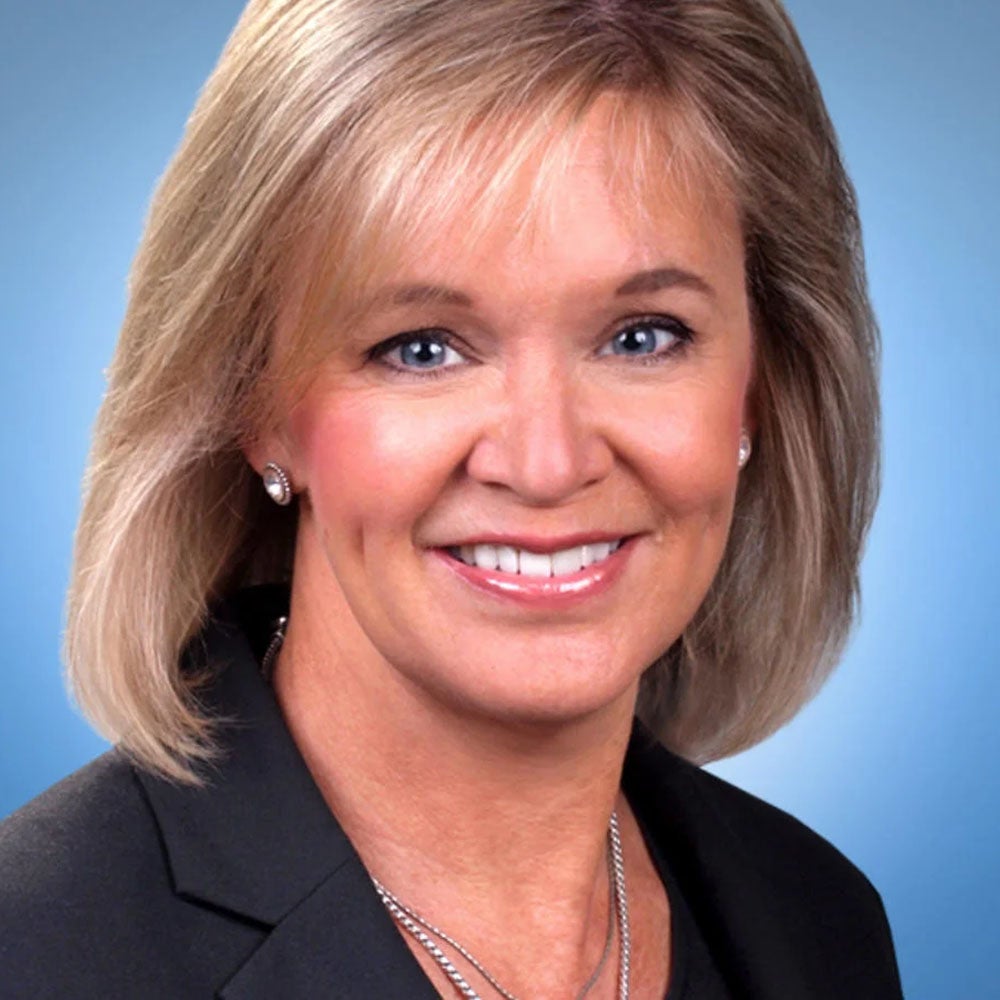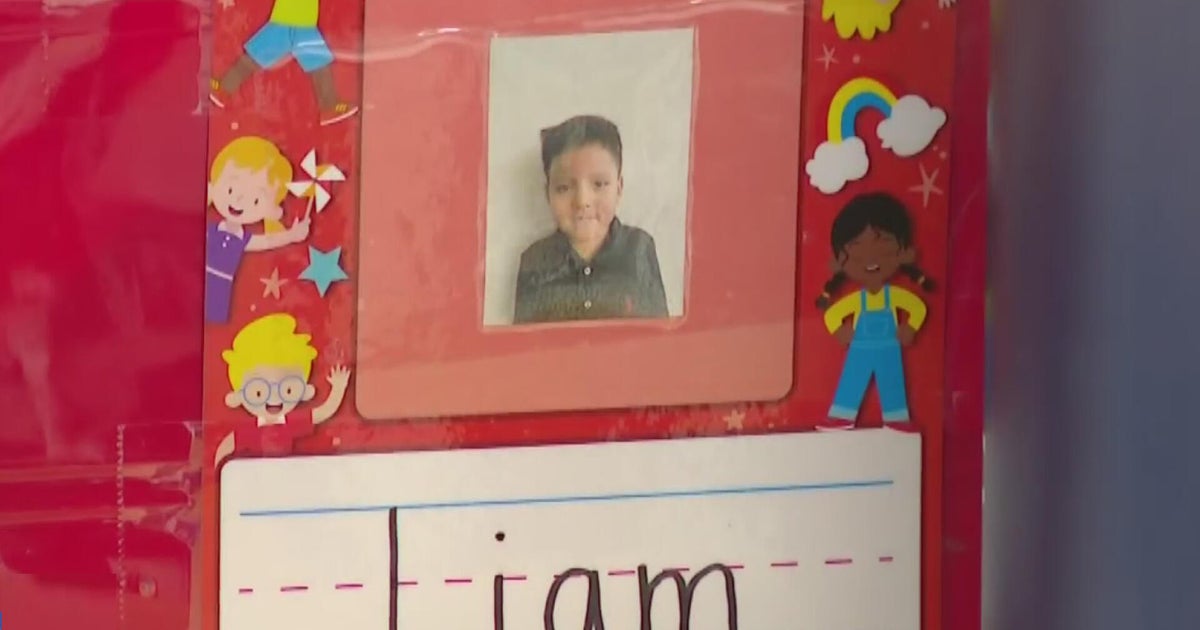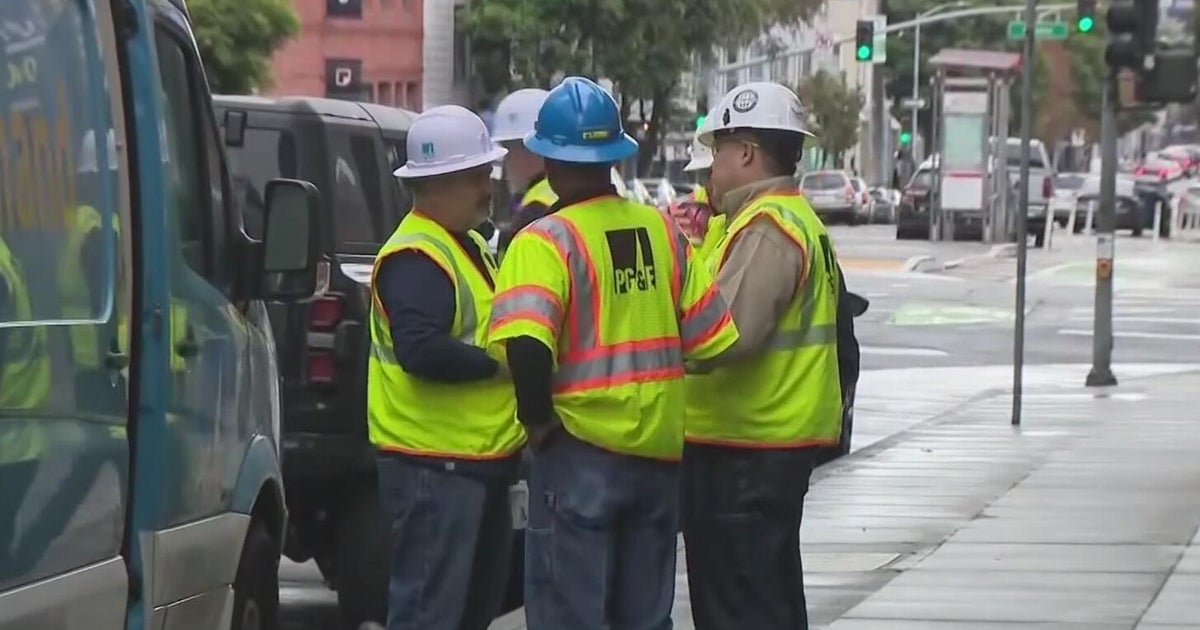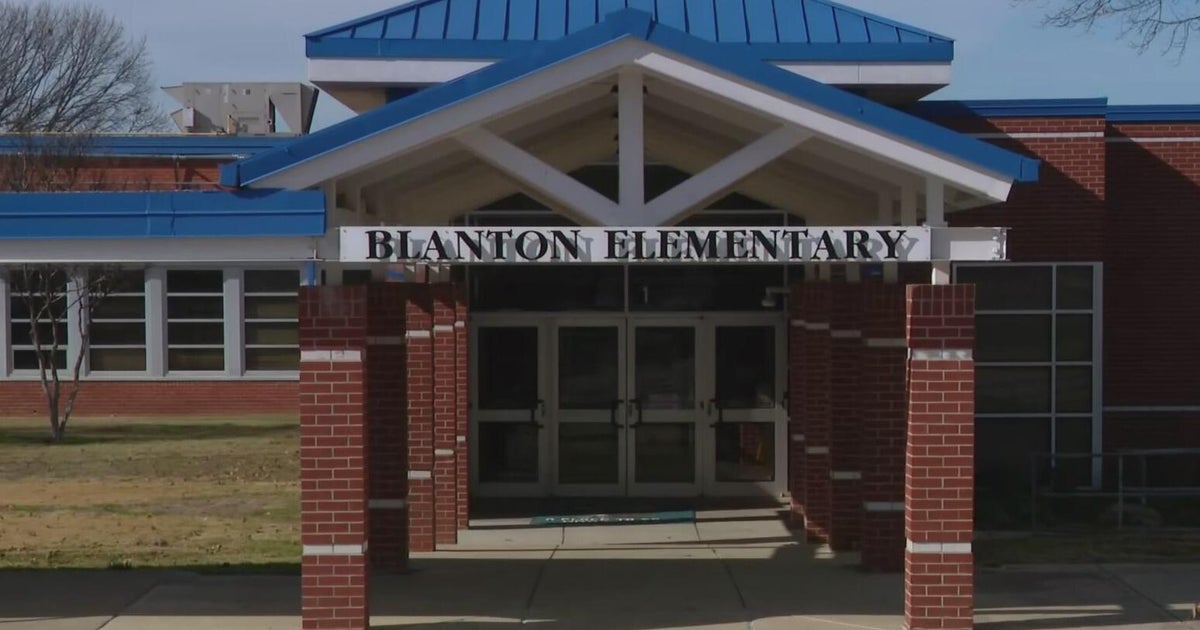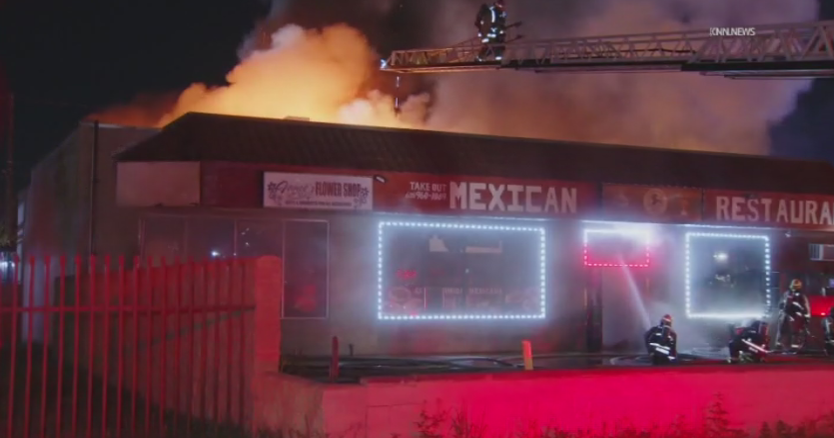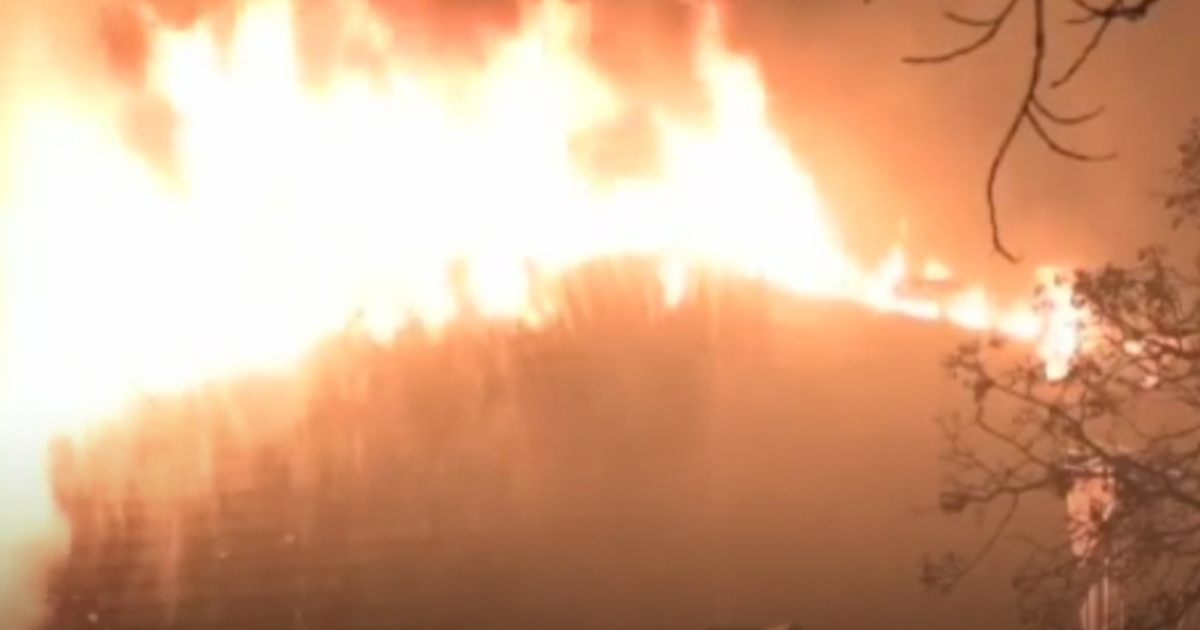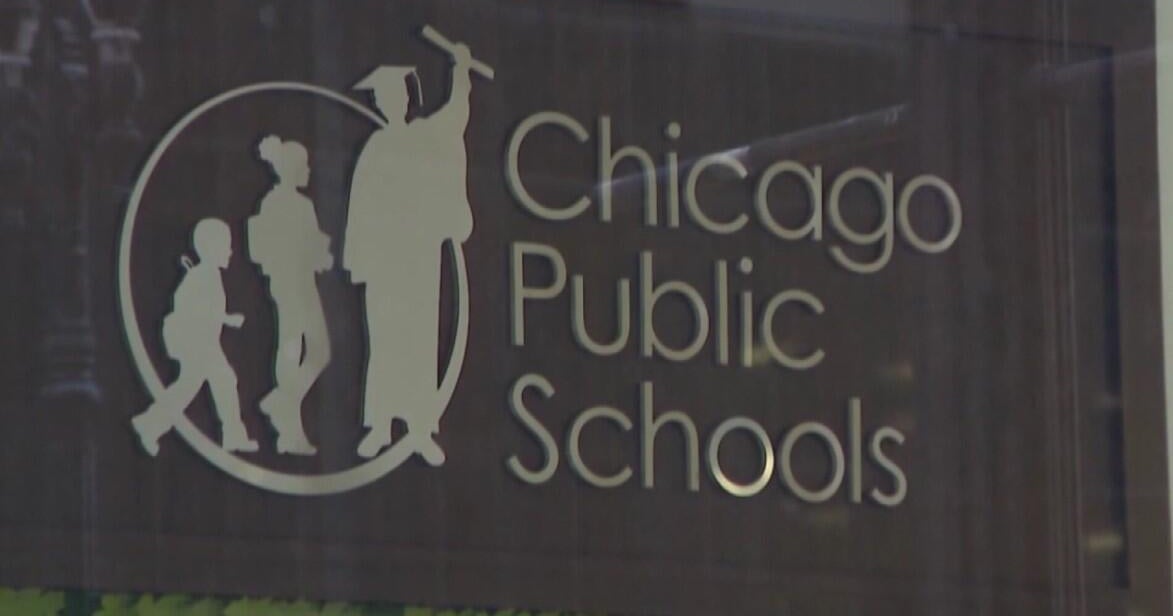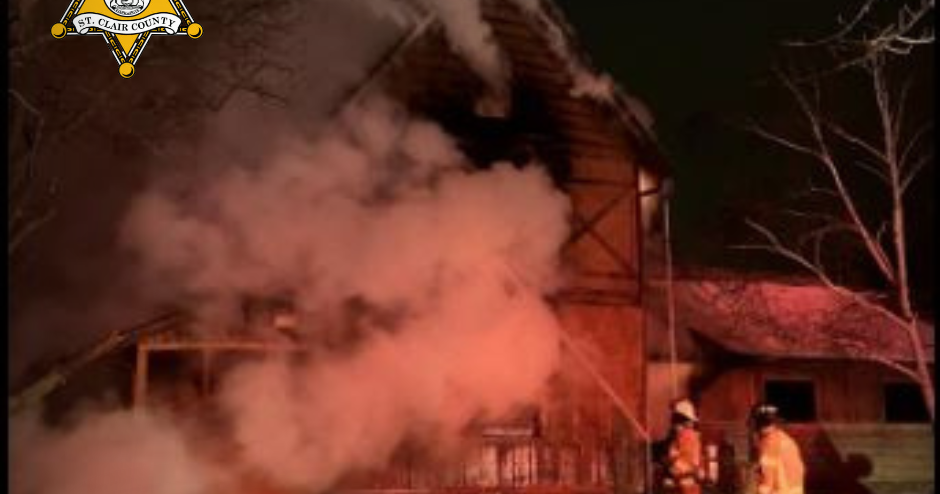Parents in Boulder Valley School district want schools tested for toxins from the Marshall Fire
More than a year and a half after the Marshall Fire, some parents are worried their kids' schools may not be safe. It's not fire damage parents are worried about but fire byproducts in the smoke, soot and ash -- contaminants you can't see or smell.
Eight schools with more than 4,500 students in Louisville and Superior were exposed to toxic smoke during the fire.
"It's not just trees and (bushes) that burned. This is homes with cars, batteries, paint thinners," said Laura Firman, whose kids attend two of the schools.
The school district hired an certified industrial hygienist who it says recommended wiping down surfaces, HEPA vacuuming and air testing. Randy Barber with BVSD says they also re-cleaned and re-tested Fireside Elementary School in Louisville after a parent found char at the school.
"Safety of students is our top concern," he said.
Firman disagrees. She's among nearly 400 parents who signed a petition this past spring asking the district to also test things like desks, rugs and books that can absorb toxins. The school district insists the air testing is sufficient.
"If our industrial hygienist had come back and said 'We really suggest that you do this' no problem, but in their best expert opinion they did not feel like additional tests, additional measures were needed," said Barber. He also says, "After the fire, BVSD performed restoration including air scrubbing using commercial and room size air filtration devices, professional cleaning of interior surfaces, and cleaning of internal components of the school's ventilation systems."
Firman says the district isn't testing because it's worried about costly remediation.
"If they are getting counsel that says the schools don't need to be tested that is just negligent," she said.
Both she and Barber would like guidelines for what needs to happen after a school -- or home -- is smoke damaged and what qualifies as clean and safe. Right now, those guidelines don't exist anywhere in the country so it's up to insurers to decide. BVSD is insured through the Colorado School Districts Self Insurance Pool.
State Rep. Judy Amabile is working on legislation that would set minimum standards.
"What is it we should be testing for? What is an acceptable level? If it's unacceptable, what are the levels of mitigation that would make it acceptable?" she said.
Amabile had planned to introduce the legislation this coming Colorado legislative session but she says even the experts she has consulted aren't in agreement on what testing and cleaning protocols are needed. She is now considering compiling a panel of experts to come up with a consensus on what needs to happen.
Barber says the district will follow whatever standards the legislature puts in place, regardless of whether they are retroactive.
